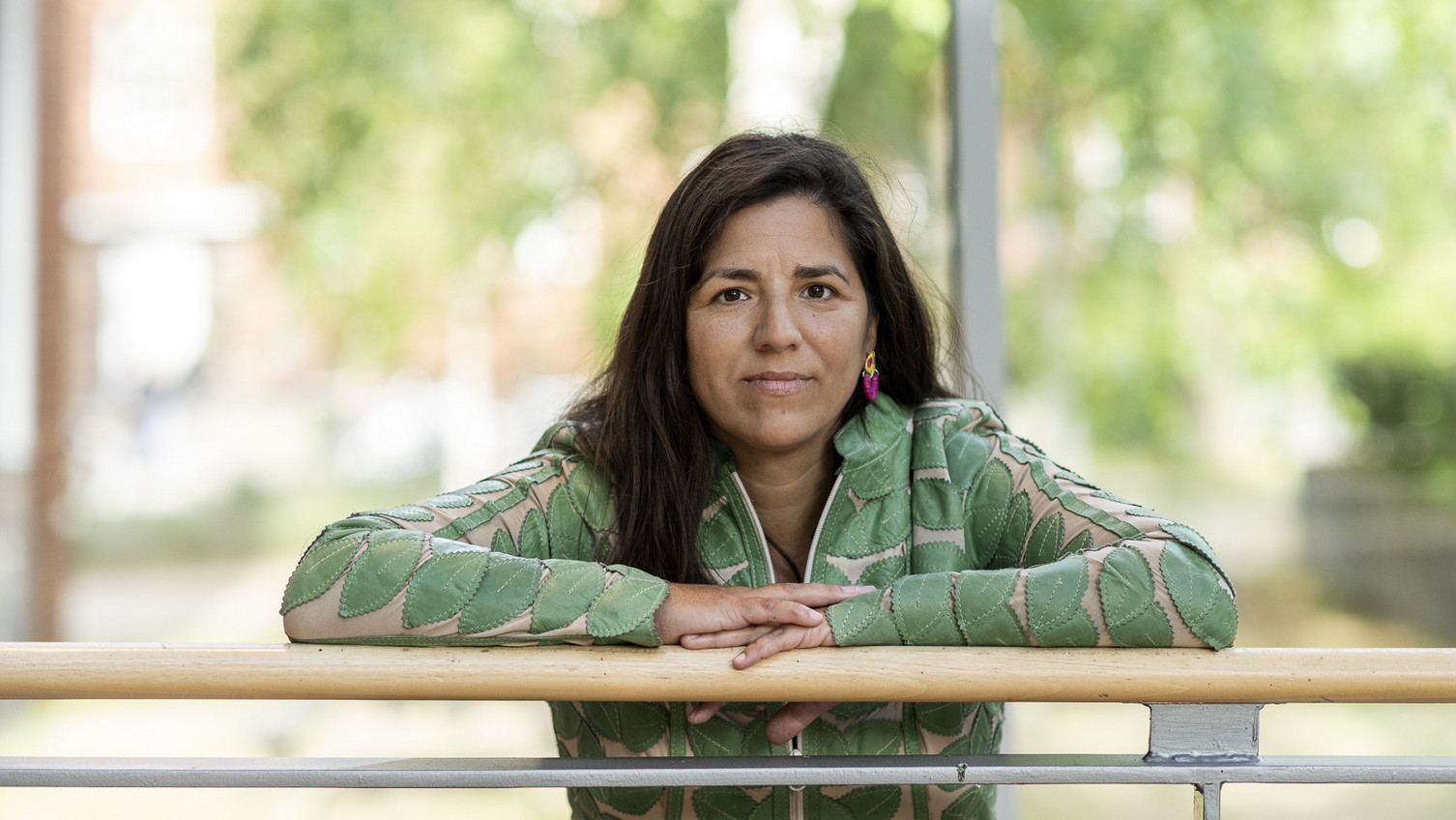Fellow 2025/26
Lila García deals with one of the most urgent contemporary problems which is human mobility in precarious condition. Specialized in migration studies, human rights, and international law, her research critically examines migration governance, border policies, and the role of law in securing migrant rights. With numerous publications and extensive policy advisory work, García has contributed to organisations such as the United Nations and MERCOSUR. In Argentina she has led national research projects on migration law and access to justice, and during her stay at the Centre for Human Rights Erlangen-Nürnberg she laid out her proposal for an “Intermestic Law of Human Mobility”, advocating for a comprehensive, multi-level legal framework – a proposal that aims to reimagine social and political regulations and structures. Beyond academia, she engages in grassroots initiatives supporting migrant communities in Argentina and Latin America.
Abstract
The Standing of Precarious Human Lives on the Move: Rethinking Human Mobility in a Legal and Political Framework
Despite all domestic and international efforts to protect precarious human mobilities, the people’s categorised as migrants, refugees, asylum seekers situation has not substantially improved throughout the years. On the contrary: Even more restrictive policies are adopted. The whole current available juridical and political framework fails in attaching not only rights but legal (and more importantly) political standing on them. Thus, it is not a matter of lack of enforcement or non-fulfilment: breaches in human rights, their unenforcement before courts, regressive public politics and even the never-ending state of crisis in the matter are only symptoms of another phenomena, which is the exhaustion of the current regime(s) dealing with human mobility. So, I consider that the whole relation between the nation-State and the foreign Others needs to be re-imagined to better deal with this contemporary challenge. This proposal seeks to rethink the position of precarious lives on the move from a critical point of view as to reset the subject of human rights once more, to then identify which social, legal, and political mechanisms produce and reproduce such a position and how human rights can, still, pave the way for a novelty frame with new starting points: an “Intermestic Law of Human Mobility”. A framework able to capture and re-inscribe those lives is made of different levels of law and politics and stakeholders. Finally, in so doing, the experience from Latin-American law and courts and the Inter-American System of Human Rights will both provide a helpful insight, insofar they are (or are composed of) mostly immigration receiving countries that have included human rights in their domestic legal frameworks.
Education
2013 PhD International Law, University of Buenos Aires, Argentina
2007 MA International Relations, National University of La Plata, Argentina
2003 Lawyer International Law, University of Buenos Aires, Argentina
Most Recent Academic Position
Associate Professor in International Contemporary Politics, University of Mar del Plata, Buenos Aires, Argentina
Most Recent Publications
“Migrant Social Protection within a ‘Human Rights Based’ Experience. Legal Framework, Criteria and Results at Accessing the Emergency Family Income during the Covid-19 Pandemic in Argentina.” Iberoamericana. Nordic Journal of Latin-American and Caribbean Studies (forthcoming).
with Nicolas Maiarota. “Acceso de personas migrantes y refugiadas al Ingreso Familiar de Emergencia en la Argentina durante la pandemia por COVID-19” (The Access of Migrants and Refugees to Emergency Family Income in Argentina During the COVID-19 Pandemic). Odisea: Revista de Estudios Migratorios 10 (2023): 78–103.
with Ana P. Penchaszade. “Migraciones y derechos humanos: Tensiones entre energías regulatorias y emancipatorias en el entramado jurídico-institucional de la Argentina reciente” (Migrations and Human Rights: Tensions Between Regulatory and Emancipatory Energies in the Legal-Institutional Framework of Recent Argentina). In Movilidades, fronteras y ciudadanía en América Latina: perspectivas críticas, edited by E. Domenech, G. Herrera, and L. Rivera Sánchez. Latin American Council of Social Science (CLACSO), 2022.


